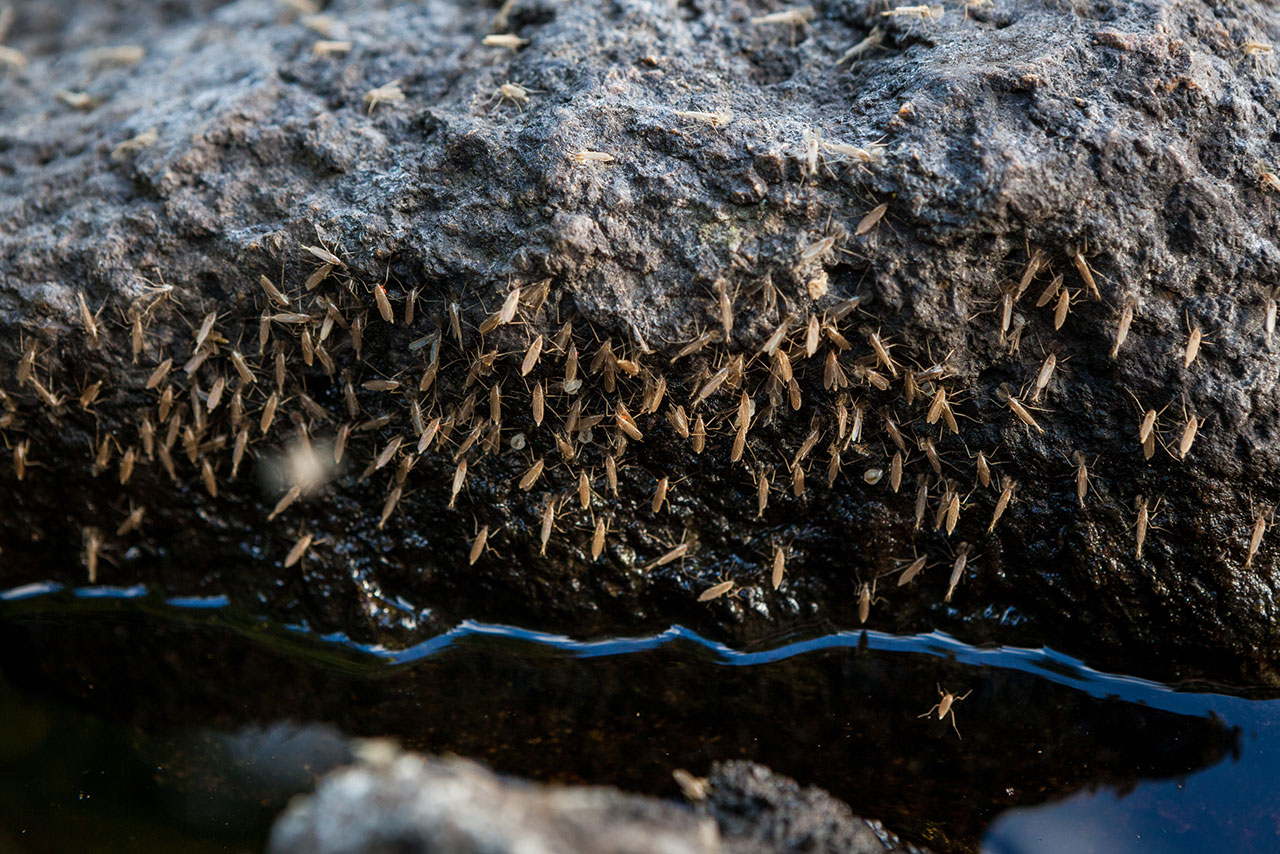
MOSQUITOES!
We all know that there are mosquitoes in Glendale AZ and all of the Phoenix area. We know because of the irritating mosquito bites we get from them. But what does the work ‘Mosquito” actually mean? Basically mosquito is Spanish for ‘little fly’. We’ve heard them called by other names, tho:)
There are thousands of different species of mosquitoes that feed on the blood of a variety of hosts, including amphibians, birds, fish, mammals, other arthropods and reptiles. In general, it’s the females that bite us and suck our blood. They do so by piercing our skin with tube-like mouth parts called proboscis. Their saliva is what causes us so much discomfort from mosquito bites but it’s the diseases that they can infect us with that are the real worry. Mosquitoes can convey all sorts of bad stuff like arboviruses, Chikungunya, dengue fever, filaiasis, malaria, West Nile virus, yellow fever and the Zika virus. Mosquitoes are generally considered the most deadliest animal family on the planet.
Most species of Mosquitoes lay their eggs in standing, stagnant water – either along the edge or attached to aquatic plants. Depending on the species, lakes, puddles, marshes, a hole in a tree, buckets, planters – anywhere water can accumulate are all possible breeding grounds. Even seawater! The 1st three stages of a mosquito’s life – the egg, the larva and the pupa – are spent in the water. Depending on the weather and other factors, these three stages will be completed in anywhere from 5 to 14 days. That applies to the mosquitoes that we have here in the Glendale AZ area, but there are species in other parts of the world that behave much differently. Some can even delay their development until favorable conditions return. The larvae – often referred to as ‘wigglers’ – emerge from the eggs and feed on organic matter in, or often on, the water until becoming a pupa. The adult mosquito emerges from the pupa and begins it’s life as a little vampire which will last anywhere from a week to several months.
So how do you get rid of mosquitoes? That’s easier said than done, but there are some things that you can do to help:
- First – tell your pest control technician. His training should allow him to provide some feedback as to what the potential problems are if nothing else. Depending on the situation, he may also have some treatment options for you as well.
- Second – and probably the most important: get rid of all breeding areas, which is to say get rid of all sources of standing, stagnant water. Anything that collects water where the water does not get flushed or agitated/aerated on a regular basis need to go. Buckets, planters, pots, low spots in your yard, clogged rain gutters – there are literally thousands of possible sources. Turn the bucket or pot upside down if empty. Add some form of drainage for planters and add soil to low spots in the yard so the water cannot accumulate.
- Third – make sure all of your screens are un-damaged and placed correctly in the windows of your home and that the weather stripping is tight around the doors. The last thing you need are a bunch of mosquitoes hanging around your bedroom at night.
- There are a few biological control options using various parasites including copepods, dragonflies (adult & nymphs), fish, geckos and lizards. More study is needed to see which, if any, of these biological mosquito control options makes sense for your situation.
- Mosquito Repellents – obviously, we like to stay away from applying chemicals onto our bodies if we can. There are many mosquito repellents available. If you decide to go this route, make sure you read – and follow – the label before using.
- Electronic Repellent Devices – there are a number of ‘ultrasonic’ insect repellent devices on the market. There’s no hard scientific evidence to support the manufacturers claims that any of these are very effective. Bug ‘zappers’ that you install outside will definitely kill mosquitoes as well as other flying pests. These should be installed away from areas of human activity – just close enough to draw the mosquitoes to them and away from you.
The actual mosquito bites themselves – much like bed bug bites – don’t usually cause any real problems as long as you keep them clean and don’t scratch them too much. The irritation is caused by your body’s immune response to stuff in the mosquito’s saliva. Itching, redness and some swelling are usually present after a bite. These symptoms can show up immediately after the bite occurs or not til the next day. The symptoms should last a week or less. Seek advice from a medical professional if you are bitten by a mosquito.
We offer safe and effective pest control services and bird control services throughout the west Metro Phoenix area, including Glendale AZ. We also service Anthem, Avondale, Buckeye, Cashion, El Mirage, Goodyear, Glendale, Litchfield Park, Peoria, Sun City, Sun City Festival, Sun City Grand, Sun City West, Surprise AZ, Tolleson, Waddell, Youngtown, North Phoenix, and West Phoenix.
